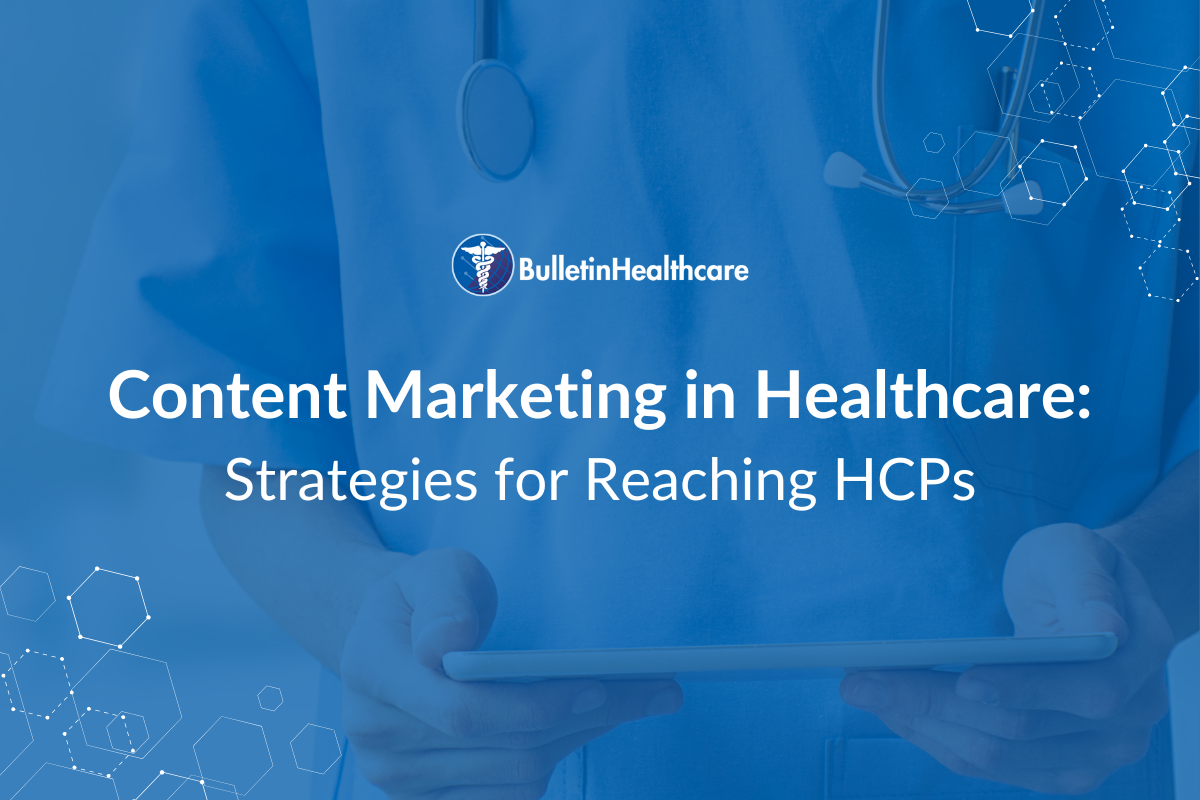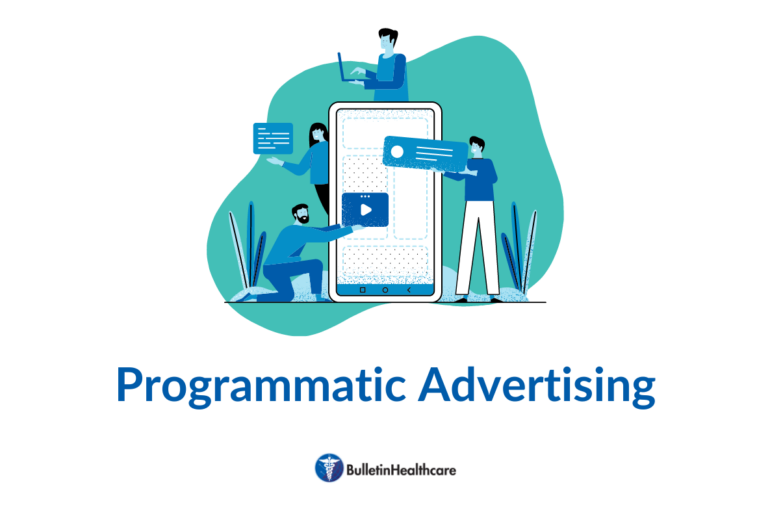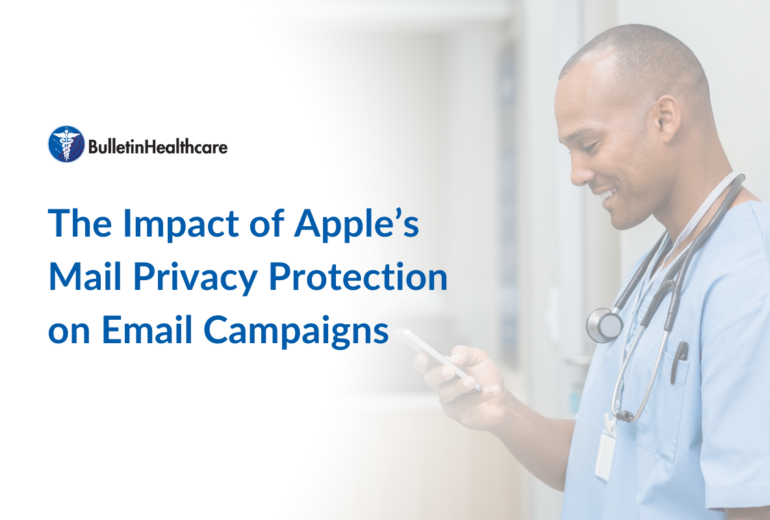In the ever-evolving landscape of healthcare, marketers know that reaching healthcare professionals (HCPs) is more crucial than ever. Whether you’re a pharmaceutical company, medical device manufacturer, or a healthcare service provider, connecting with HCPs can drive significant business growth and enhance patient care. This article explores key strategies for successful content marketing aimed at HCPs.
Understanding the Unique Needs of HCPs
HCPs are inundated with information daily, making it essential to provide content that stands out and meets their specific needs. HCPs seek content that is:
- Evidence-based and Credible: HCPs prioritize information supported by clinical evidence, peer-reviewed studies, and expert opinions.
- Time-efficient: Busy schedules mean HCPs prefer content that is concise, to-the-point, and easily digestible.
- Relevant and Practical: Content should directly relate to their field of expertise and provide actionable insights that can be applied in their practice.
BulletinHealthcare provides a multitude of solutions to ensure that your messaging reaches the right HCPs at the right time via our medical association email newsletters in partnership with over 25 top medical associations.
Developing a Content Strategy for HCPs
- Identify Your Audience Segments: Different HCPs have different information needs. Segment your audience into categories, such as specialty, geography, and patient population. Tailor your content to address the specific challenges and interests of each group. BulletinHealthcare’s platform helps marketers directly reach HCPs in virtually all therapeutic areas, and segment these audiences in a multitude of ways.
- Leverage Multiple Content Formats: Use a variety of content formats to engage HCPs, including:
- White Papers and Research Reports: In-depth analysis and findings on recent studies and clinical trials.
- Webinars and Educational Courses: Interactive and educational sessions that provide continuing medical education credits.
- Infographics and Quick Guides: Visual content that conveys complex information quickly and effectively.
- Case Studies and Patient Stories: Real-world applications and outcomes of medical treatments and technologies.
- Optimize for SEO: Ensure your content is easily discoverable by optimizing for search engines. Use relevant keywords that HCPs are likely to search for, such as “latest clinical guidelines for [condition]” or “best practices in [specialty] care.” Include these keywords in titles, headers, and throughout the content to improve search engine ranking.
Engaging HCPs Through Digital Channels
- Professional Social Media Platforms: Platforms like LinkedIn are valuable for reaching HCPs. Share your content regularly and engage with HCPs by joining professional groups and discussions.
- Email Newsletters: Create targeted email campaigns with personalized content based on the recipient’s specialty and interests via BulletinHealthcare’s association news briefings. Provide value to HCPs through exclusive insights, summaries of recent studies, invitations to webinars, and more.
- Healthcare Conferences and Webinars: Host or participate in conferences and webinars. These events offer opportunities to present your content directly to HCPs and engage with them through Q&A sessions.
- Online Communities and Forums: Engage with HCPs on platforms like Reddit’s r/medicine or specialized medical forums. Participate in discussions, share valuable content, and establish your brand as a thought leader.
Measuring Success and Adjusting Your Strategy
Track the performance of your content marketing efforts using metrics such as:
- Engagement Rates: Measure likes, shares, comments, and click-through rates.
- Content Reach: Track the number of views and unique visitors to your content.
- Conversion Rates: Monitor how many HCPs take the desired action, such as signing up for a newsletter or attending a webinar.
- Feedback and Surveys: Collect direct feedback from HCPs to understand their content preferences and needs.
Regularly analyze these metrics to identify what works and what doesn’t. Adjust your content strategy accordingly to continuously improve your reach and engagement with HCPs.
Conclusion
Effective content marketing in healthcare requires a deep understanding of the unique needs and preferences of HCPs. By developing a targeted strategy, leveraging various content formats, optimizing for SEO, and engaging through the right digital channels, you can successfully reach and engage HCPs. Overall, the ultimate goal is to provide value and support to HCPs, helping them stay informed and improve patient outcomes.
By following these guidelines, you can create a robust content marketing strategy that resonates with HCPs, drives growth and enhances your position in the healthcare industry. For more insights and tips on healthcare content marketing, or to learn more about advertising opportunities, please feel free to reach out to us – we’d love to hear from you!




